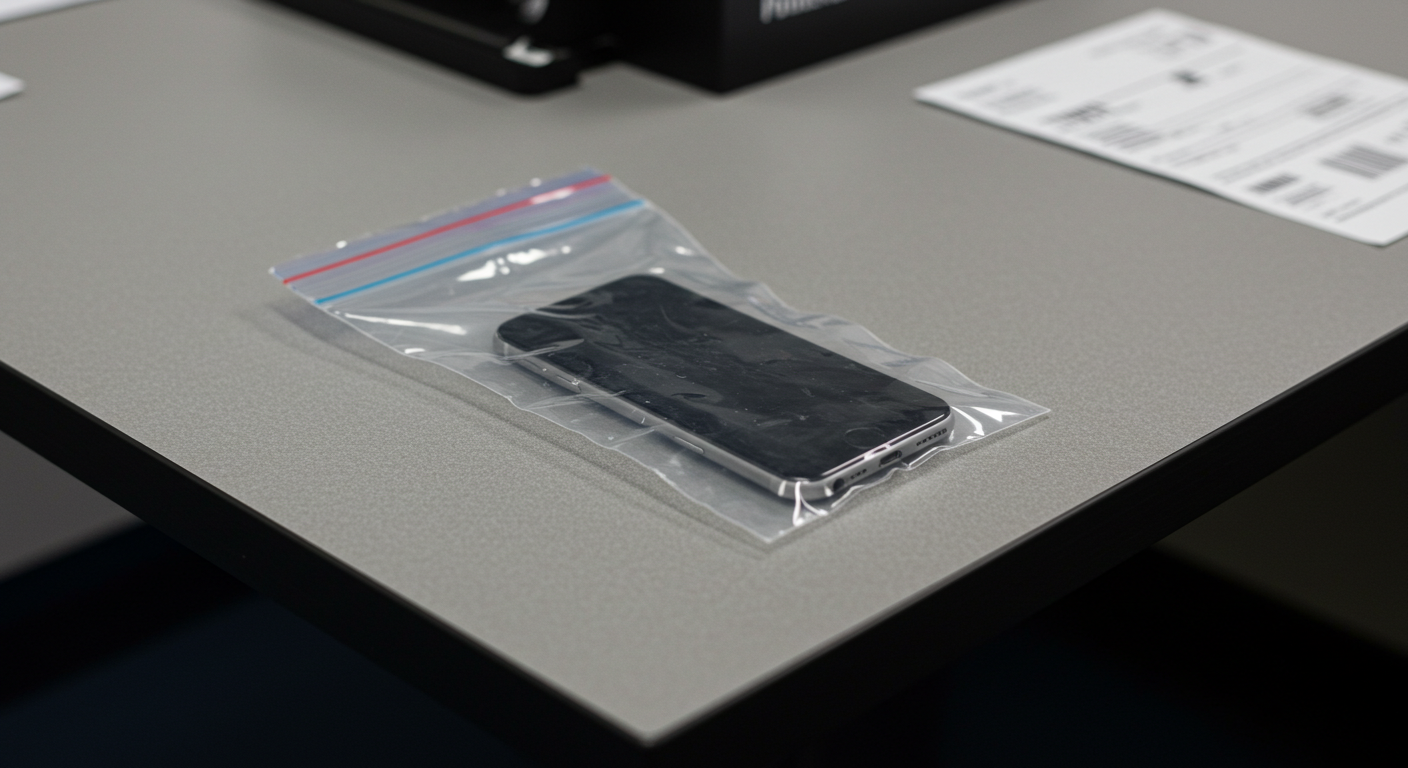Can Social Media Evidence Be Used in Drug Offence Cases?

Can Social Media Evidence Be Used in Drug Offence Cases?
In recent years, the intersection of social media and the law has become increasingly relevant, particularly in the realm of drug offence cases in England. Social media platforms, where individuals often share aspects of their personal lives, can be a trove of evidence in criminal investigations, including those involving drug-related offences.
This article explores the intricacies of using social media evidence in drug offence cases within the English legal system.
The Evolving Landscape of Social Media in Legal Contexts

Social media’s proliferation has reshaped how evidence is gathered and presented in legal cases. Platforms like Facebook, Twitter, Instagram, and Snapchat have become integral to the social fabric, often reflecting the users’ activities, associations, and even illicit conduct.
In drug offence cases, these digital footprints can provide crucial insights into the behaviours and networks of individuals involved.
Legal Admissibility of Social Media Evidence
In England, the admissibility of evidence in criminal trials is primarily governed by the Police and Criminal Evidence Act 1984 (PACE) and the accompanying Codes of Practice. For evidence gleaned from social media to be admissible, it must be relevant, reliable, and obtained legally.
Relevance and Reliability
Evidence is admissible if it is pertinent to the case and can be reliably authenticated. Posts, messages, photographs, or videos from social media that suggest involvement in drug-related activities can be highly relevant.
The challenge lies in establishing the authenticity of this digital evidence – ensuring that it has not been tampered with and accurately represents what it purports to show.
Legal Acquisition
Obtaining social media evidence must align with legal standards. Unauthorised access to someone’s social media account may constitute a breach of privacy laws. Law enforcement agencies often require warrants or court orders to access private social media content, ensuring that the process respects privacy rights and data protection laws.
The Role of Social Media in Drug Offence Investigations

Social media can play a multifaceted role in drug offence cases:
- Direct Evidence: Posts displaying illegal drugs, paraphernalia, or drug-related transactions can serve as direct evidence of criminal activity.
- Corroborative Evidence: Social media can corroborate other evidence, providing context or supporting the timeline of events.
- Network Analysis: Investigators can use social media to understand relationships and networks involved in drug activities.
Challenges in Interpreting Social Media Content
Interpreting social media content can be fraught with challenges. The contextual understanding of posts, the intent behind them, and the nuances of online communication require careful analysis. Moreover, privacy settings and the ephemerality of certain content (like Snapchat stories) can pose additional hurdles.
Case Law and Precedents
In England, there have been several cases where social media evidence played a crucial role. The courts have generally been receptive to such evidence, provided it meets the standards of admissibility and relevance. Each case offers precedents on how social media evidence can be effectively integrated into the legal process.
Ethical Considerations and Privacy Concerns
The use of social media evidence raises significant ethical and privacy considerations. Balancing the need for effective law enforcement against the rights to privacy and data protection is a complex task. Law enforcement agencies must navigate these concerns carefully, adhering to legal and ethical guidelines.
The Role of Digital Forensics

In this digital age, forensics extends beyond physical evidence to digital realms. Experts in digital forensics play a pivotal role in extracting, preserving, and analysing social media evidence. This process must be meticulous to ensure the integrity and admissibility of the evidence.
Defence Strategies and Counterarguments
In cases where social media evidence is used against defendants, defence strategies often focus on challenging the relevance, authenticity, or the manner in which the evidence was obtained. Defence counsels may argue that the evidence is out of context, misinterpreted, or does not directly implicate their client in drug-related offences.
The Impact of Technology and Future Trends
As social media platforms evolve and new forms of digital communication emerge, the legal system continually adapts. The future may see more sophisticated means of collecting and analysing digital evidence, along with evolving legal frameworks to address these changes.
Conclusion: Can Social Media Evidence Be Used in Drug Offence Cases in England

In conclusion, social media evidence can indeed be used in drug offence cases in England, subject to strict legal standards regarding admissibility, relevance, and privacy. Its role in providing insights and context to criminal activities is invaluable.
However, the complexities of interpreting and ethically using digital evidence necessitate a careful approach. As social media continues to permeate our lives, its implications in legal contexts are likely to grow, underscoring the need for ongoing adaptation and scrutiny within the legal system.
Notice: Informational Content Disclaimer
The content provided on this website, including articles, blog posts, and other informational materials, is intended for general informational purposes only. It is not intended as, and should not be considered, legal advice.
Visitors to this website should be aware that the information presented here is not a substitute for seeking legal advice from a qualified solicitor or legal professional. Each individual's legal situation is unique, and the information provided may not be applicable to specific circumstances.
If you require legal advice or have specific legal questions, we encourage you to contact us directly. Our experienced team of solicitors is here to assist you with your legal needs and provide tailored advice to address your concerns.
Please be advised that any communication through this website, including the use of contact forms or email, does not create a solicitor-client relationship. Confidential or time-sensitive information should not be sent through this website. To establish a solicitor-client relationship and discuss your legal matters in detail, please contact us for a consultation.
We strive to provide accurate and up-to-date information, but we make no representations or warranties regarding the accuracy, completeness, or suitability of the information contained on this website. We shall not be liable for any reliance placed on the information provided herein.
Thank you for visiting our website. We look forward to the opportunity to assist you with your legal needs.




